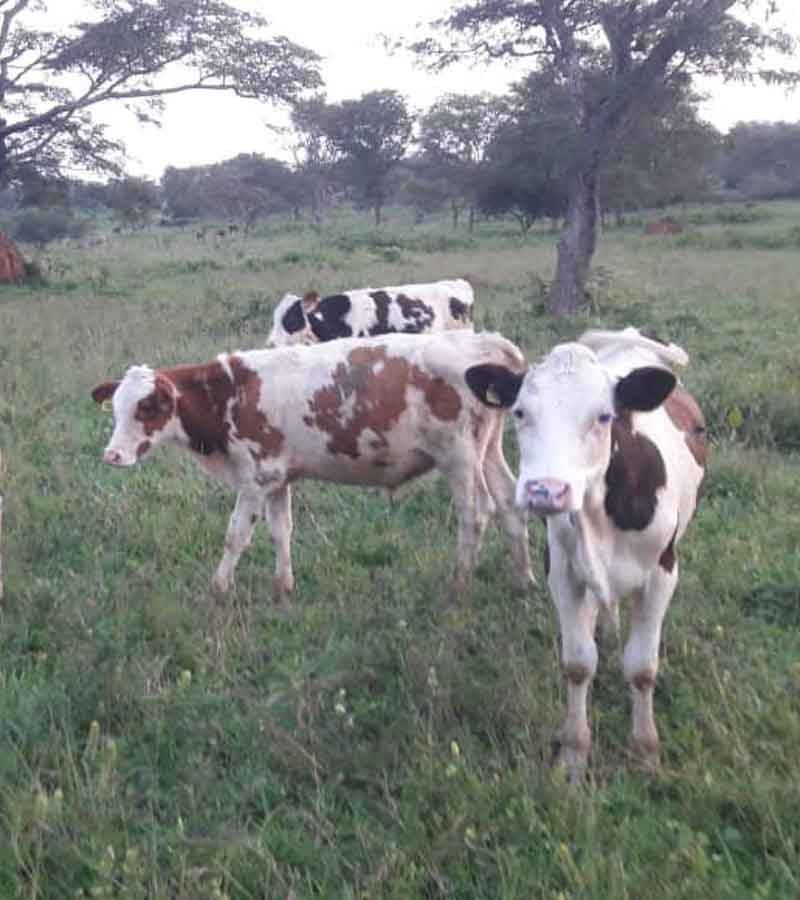
When we think about raising strong, productive calves, we often focus on genetics and early nutrition. But much of a calf’s future success begins before it’s even born—during the dam’s dry period. This phase, especially the last trimester, is when the calf undergoes rapid growth and critical development. How the mother is managed during this time can have long-lasting effects on the calf’s health, immunity, and productivity.
Stress factors such as heat, disease, overcrowding, and poor nutrition during pregnancy can harm calf development. Even if a calf is born at a healthy weight, these stressors can weaken its ability to absorb antibodies from colostrum, reduce future milk production, and impact fertility.
Maintaining the cow’s body condition score is essential. Overfeeding can lead to difficult births and metabolic issues, while underfeeding hinders calf development. High-quality colostrum—enhanced by vaccinations during the dry period—is vital for building the calf’s immune system.
Beyond nutrition, proper housing, ventilation, and social management also reduce stress. Cows should have constant access to feed and minimal disruption close to calving.
Strong calves come from well-managed dry cows. Review your dry cow program with your vet or advisor—your future herd depends on it.
Source: “Calf Care,” 2019.